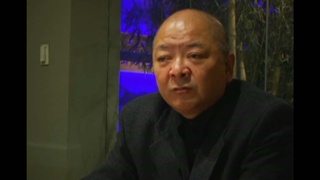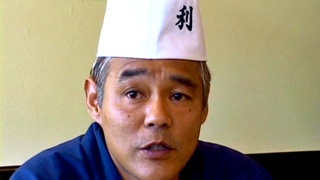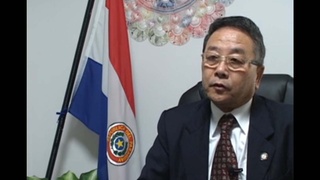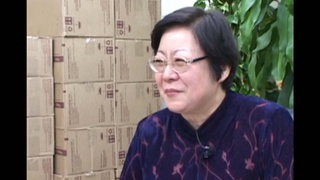Entrevistas
Mochitsuki tradition
Right after the war, people didn’t have any place to live. And so therefore we had a little community there of our relatives who lived in the barn, in the basement, in the bedroom. We had about seven families living together on the ranch right where you saw…and of course we had our own mochitsuki we started back in 1945. One of my cousins was from Japan and as a result he knew how to do it. My father followed suit. We had every moochitsuki period. We would do our own moochitsuki.
We still do it now. The spirit isn’t there anymore because the next generation, they don’t relate to the Japanese-ness of mochitsuki, they just have an open house. That’s the unfortunate thing about it. We have lost the spirit of the pounding of the rice and the sacredness of the rice and the seiro and putting the mochi to the altar and things like that. A lot of that is being lost. We still go through the motion of having the mochitsuki right now. So that’s how that is. We are stubbornly still continuing that.
Data: March 22, 2018
Localização Geográfica: California, US
Entrevistado: John Esaki
País: Watase Media Arts Center, Japanese American National Museum







